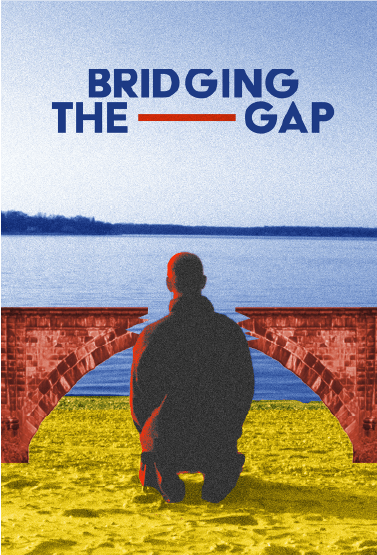What is Bridging the Gap?
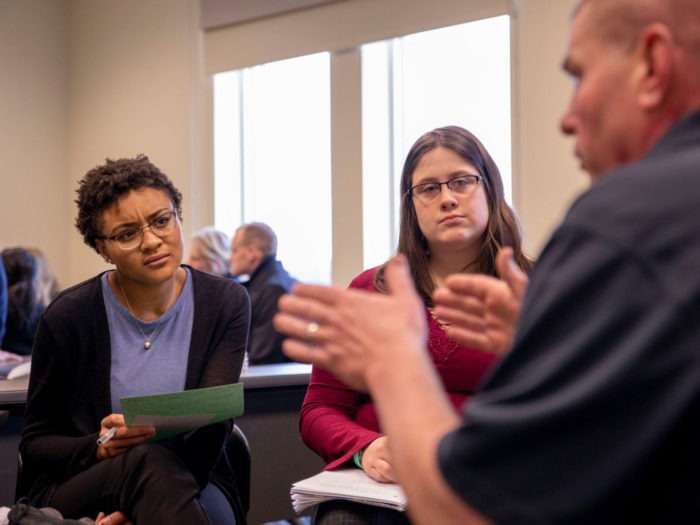
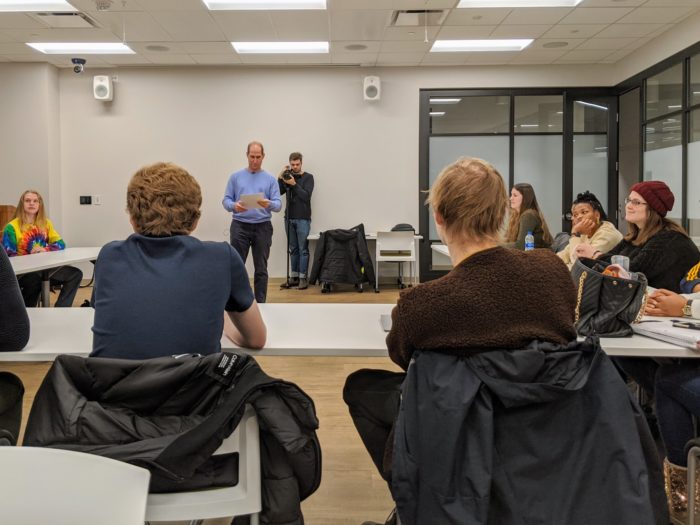
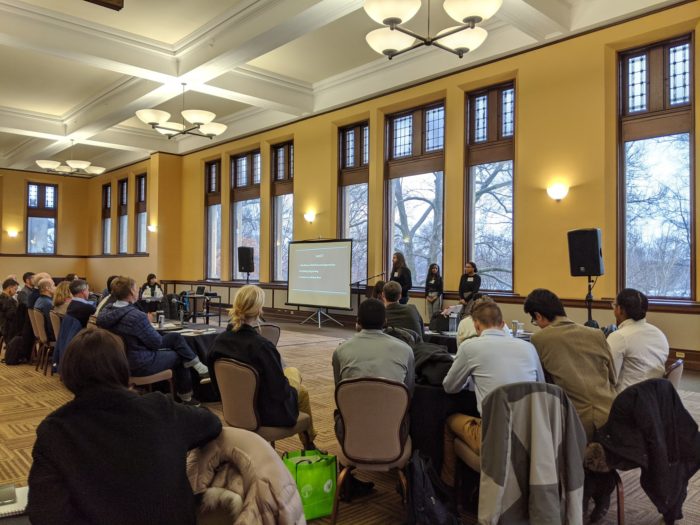
Bridging the Gap is an immersive experience that teaches students, from very different higher education settings, the skills to effectively communicate, understand and solve problems. Piloted in January 2020 with Spring Arbor University and Oberlin College, students use a skills-based approach that ties together relationship-building, intellectual humility, and open-mindedness among people who disagree deeply to explore important issues. The guiding principle of Bridging the Gap is for students to develop the skills to truly listen, understand, be heard, and seek common ground without feeling the need to change minds.
“Through Bridging the Gap, I have seen remarkable truth uncovered. I am no longer afraid of exploring my judgment and times that I ride the waves of ignorance, misunderstanding and assumption, and I invite others to do the same in love. Because of Bridging the Gap, I have become a critical participant in the contemporary world — even before I’ve crossed the graduation stage.”
– Elizabeth Stewart SAU Class of 2021
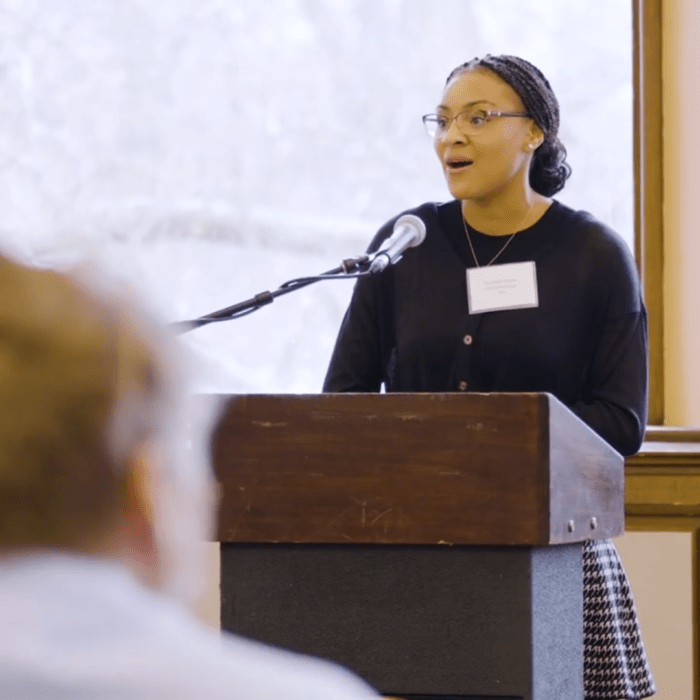
Bridging the Gap in 2021
This January, the Bridging the Gap experience expanded from 16 students to 45 students as five schools created two cohorts for the program. Students met together virtually over three weeks to discuss criminal justice reform, climate change, and issues dealing with race – through the American Neighbor project and film. Students with different beliefs and views utilized their newly acquired active listening skills to build relationships and bond together while focusing on finding solutions and reform.
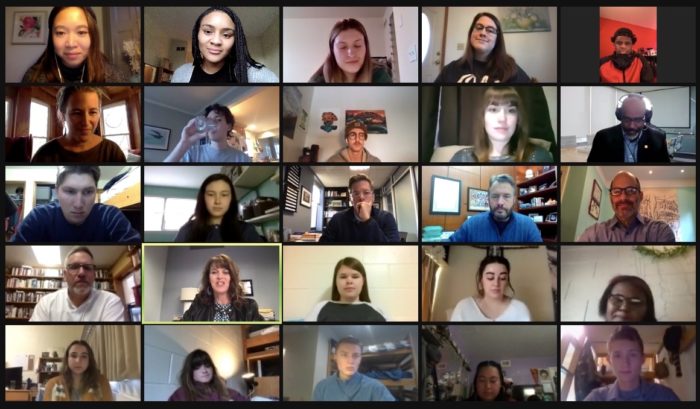
Watch the Full Film
Who’s talking about Bridging The Gap?
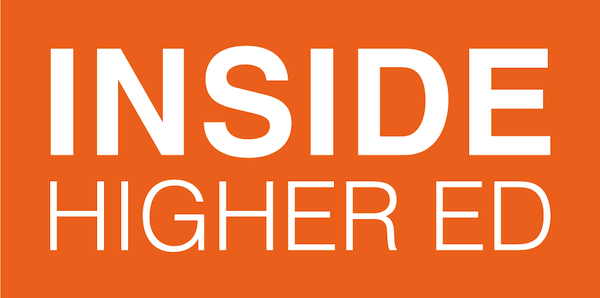
‘Mining the Depths of our Differences’
Seeking to have conversations that bridge the gap between those who have different ideals and beliefs, both religious and political.

How liberal college students found common ground with evangelical peers
Interfaith education and engagement can help bridge gaps between different groups at a time where the country is divided like never before.
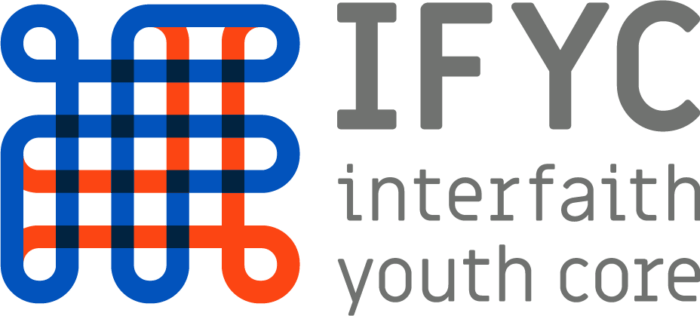
We Need to Learn How to Talk to Each Other
It’s about going deeper and truly hearing a person when they speak. It’s about being curious without sacrificing or compromising your own convictions. It’s about keeping an open mind and looking for common ground, even when it seems unlikely.
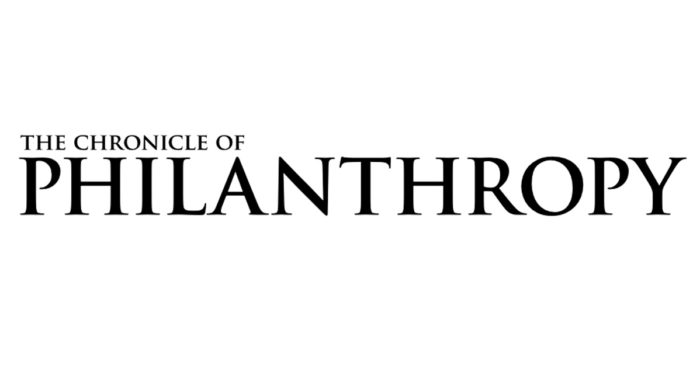
The Search for Common Ground
Conservative and liberal foundations are putting money into a cadre of nonprofits working to help Americans find common ground on political and public policy matters.
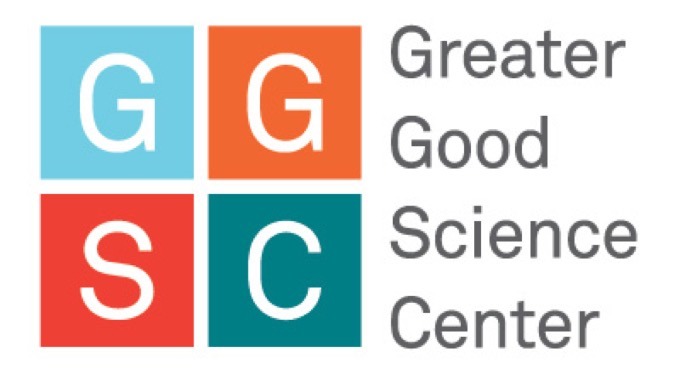
Can Deep Listening Heal Our Divisions?
For bridge-builders in the U.S., the way forward is to engage deeply across lines of difference.

SAU facilitates courageous conversations through revolutionary “Bridging the Gap” program
Spring Arbor University will offer the “Bridging the Gap” program for the second time this January, with both Oberlin College and Cornerstone University participating.

When Students from Two Very Different Campuses Find a Path to Understanding Each Other
Two reputations, two narratives, one goal: to listen, learn and value each other.

Sway Podcast
At 32:50 Bridging the Gap is mentioned on an episode of “Sway,” with Kara Swisher and Oberlin’s president, Carmen Twillie Ambar.

TMSG: Bridging the Gap, having courageous conversations
For this week’s “Tell Me Something Good” report, anchor Chivon Kloepfer introduces us to a program gaining popularity with the sole purpose of talking through those heated topics, finding common ground, and helping the next generation of leaders learn, grow, and problem solve.
